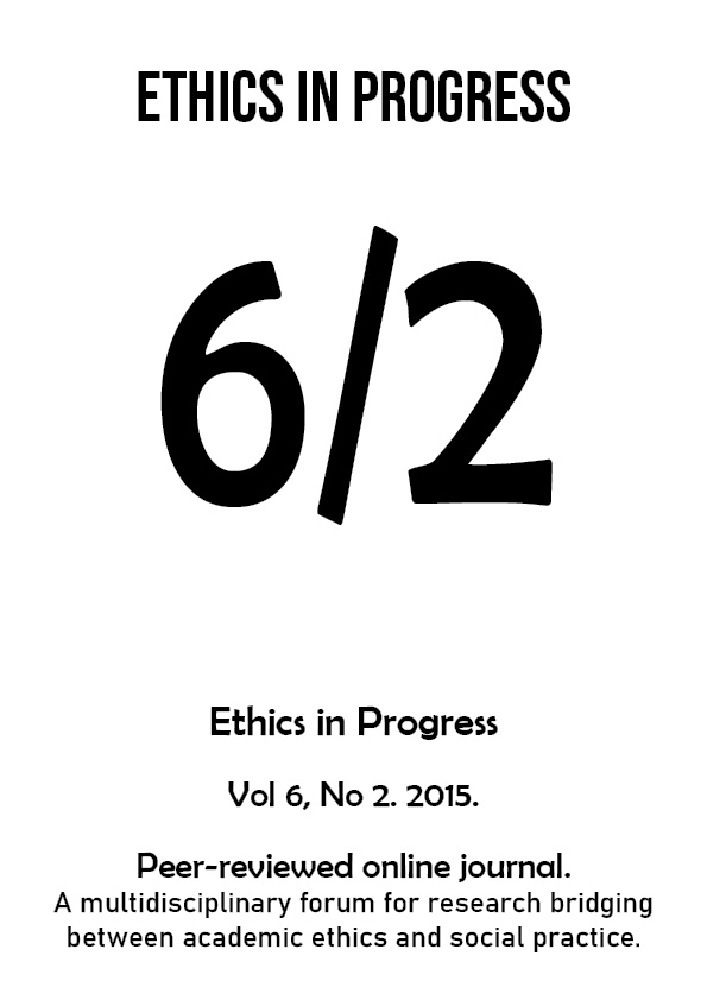Abstract
The value of Xin can find its origin in the Analects and other works by Confucius. Taking the perspectives from ethics and social psychology, pills this research aims to probe possible psychological basis for the value of Xin and discuss it from two aspects extracted from the Analects, i.e. being trustworthy and being able to trust. However, among Confucian ethics, the significance of the value of Xin is somehow underestimated, especially the willingness and ability to trust others. The discussion of Confucian ethical value of Xin focuses on the fusion and fission processes of turning the value of Xin into moral trait and behaviour, and extends into the development of moral personality. The fusion process of incorporating credibility into self and the fission process of transmitting trust into otherness reflect the importance of social interaction and learning experience in forming moral personality, as Confucius used to emphasized in his teaching. The driving force of these processes and the connection between ethical values and moral personality is the courage to be trusting, as well as trusty. A moral personality characterized by the courage to trust echoes the courage to connect self to others, which is enhanced by the effectively formed and activated schema of trust. Bringing Confucian ethics in the light of personality psychology, this multidisciplinary study may provide a new perspective to examine moral behaviour by unveiling the psychological link between ethical values and moral personality, which is the courage to be connected to others, i.e. the courage to trust.References
Adler, A. 2013. What Life Should Mean to You. Beijing: China Renmin University Press.
Bandura, A. 2015. Social Learning Theory. Beijing: China Renmin University Press.
Bem, D. J. 1967. “Self-Perception: An Alternative Interpretation of Cognitive Dissonance Phenomena.” Psychological Review 1967(74): 183-200.
Chen, T. 2012. Ten Treatises on the Analects. Guangzhou: Jinan University Press.
Fei, X. 2007. Rural China. Shanghai: Shanghai People Press.
Fukuyama, F. 2001. Trust: the Social Virtues and Creation of Prosperity. Haikou: Hainan Press.
Giddens, A. 2011. Consequences of Modernity. Nan Jing: Yi Lin Press.
Guo, B. & Wang, Y. 2009. “Moral Personality: A New Research Topic for Moral Psychology.” Journal of Southwest University (Social Science Edition) 4(35): 11-16.
Jung, C. G. 1958. Psychology and Religion: West and East. New York: Patheron Books.
Lind, G. 20153 [2009]. Morality Can Be Taught. Berlin: Logos Verlag.
Luan, D. 2010. “Selected Commentary on Secluded Literatures.” Literary Review 4: 186-195.
Narvaez, D. & Lapsley, D. K. 2006. “Moral Chronicity and Social Information Processing: Tests of a Social Cognitive Approach to the Moral Personality.” Journal of Research in Personality 40(6): 966–985.
Robbins, S. P. & Judge, T. A. 2012. Organizational Behaviour. Beijing: Tsinghua University Press.
Roccas, S., Sagiv, L., Schwartz, S. H., & Knafo, A. 2002. “The Big Five Personality Factors and Personal Values.” Personality and Social Psychology Bulletin 28(6): 789-801.
Rokeach, M. 1973. The Nature of Human Values. New York: Free Press.
Rollo, M. 2008. The Courage to Create. Beijing: China Renmin Press.
Wan, J. 2009. Looking for Universal Ethics. Beijing: Peking University Press.
Wang, P. 1983. Annotation of Dai’s Compilation of Rites. Beijing: China Book.
Yang, B. 1980. Annotation of the Analects. Beijing: China Book.
Zhang, Y. 2011. “On the Ranking of Values in Zhou-Qin Dynasty and Its Contemporary Significance.” In: Wang, X. (Ed.) Compilation of Research Papers on Zhou-Qin Ethical Cultures and Moral Values. Baoji: Baoji University of Arts and Science: 321-327




